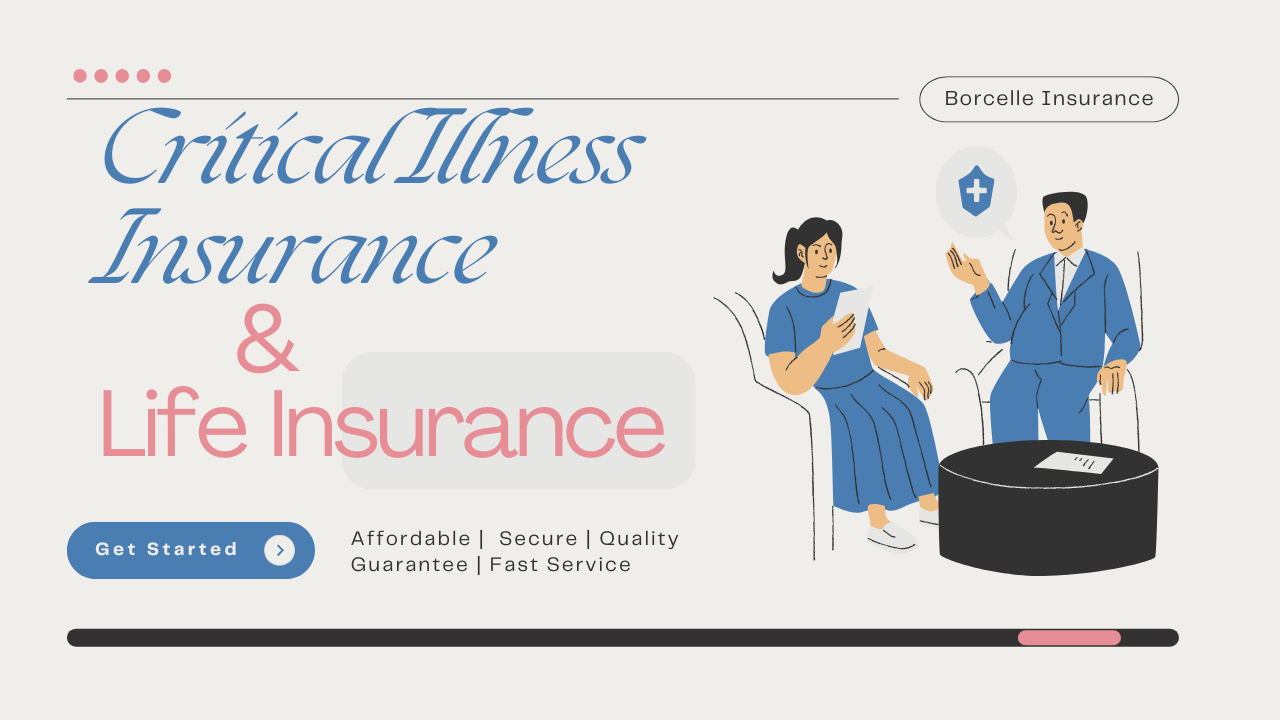Is a Life Insurance Payout Taxable? In the case of your death, life insurance offers your loved ones financial protection in the form of a lump sum payout known as the death benefit. The purpose of this payout is to help beneficiaries cover a range of obligations, including debt repayment, burial expenses, and upholding their standard of living. But whether life insurance payouts are taxed is a subject that policyholders and recipients frequently ask. The kind of policy, the payment amount, and the way the money is used are only a few of the variables that affect the answer to this complex topic.
Tax Treatment of Life Insurance Payouts
Generally speaking, recipients of life insurance do not see death payments as taxable income. Accordingly, the proceeds are usually not required to be reported by the recipients as taxable income on their federal tax filings. The majority of life insurance policy types, including whole life, universal life, and term life, are exempt from paying taxes.
Taxation of Interest and Investment Gains
While any income or investment profits made on the policy may be taxable, the death benefit itself is often tax-free. For instance, any gain in cash value may be taxed if taken during the policyholder’s lifetime if the policy has a cash value component, as is the case with whole life or universal life insurance. Furthermore, depending on the situation, the profits from a policy loan or policy surrender for cash value may be taxable for the policyholder.
Taxation of Policy Loans
Lending against the cash value of a permanent life insurance policy is known as a policy loan. As long as the policy is in effect, these loans are normally not taxed as income. On the other hand, any leftover loan amount that surpasses the premiums paid into the policy may be taxable as ordinary income if the policy fails or is surrendered with an outstanding loan balance.
Exceptions to Tax-Free Treatment
Although death benefits from life insurance are usually tax-free, there are several circumstances in which the funds can be taxable. An instance of this would be if the policy was moved in exchange for significant value. In the event that the policyholder sells the policy to a third party for a lump sum payment, for example, any funds received after the insured passes away can be subject to taxation to the extent that they surpass the cost basis of the policy.
Furthermore, the death benefit might be regarded as taxable income to the beneficiaries or the trust if the insurance is held by one of these entities and certain requirements aren’t fulfilled (such the trust having to be irrevocable or the insured maintaining ownership incidents).
Estate Tax Considerations
Even though life insurance payouts are normally tax-free, they could nonetheless be included toward the insured’s estate for estate tax reasons. Estate taxes may be due on the excess amount if the insured’s whole estate value—including the earnings from life insurance—exceeds the federal estate tax exemption level.
The federal estate tax exemption is sizable for the majority of people, nevertheless, and under the present tax code, only estates valued at more than $12 million (as of 2022) for single people or $24 million for married couples are liable to the federal estate tax. As a result, the great majority of life insurance policies spare the beneficiaries from having to pay estate taxes.
State Tax Considerations
Although life insurance earnings are usually not taxable at the federal level, state tax laws may differ. Certain states charge an inheritance or estate tax on money transferred, including the earnings from life insurance. Nonetheless, a lot of states do not levy extra taxes on the death benefit in accordance with federal tax regulations governing life insurance payouts.
To learn the precise tax ramifications of life insurance proceeds in their state of residence, policyholders and beneficiaries must speak with a tax counselor or other financial expert.
Tax Planning Strategies:
There are a number of tactics policyholders can take into consideration to reduce taxes and optimize benefits for their beneficiaries in light of the possible tax ramifications of life insurance payouts:
- Gift the Policy: The death benefit from the policy may be excluded from the insured’s estate by transferring ownership of the policy to a beneficiary while the insured is still living, possibly lowering estate tax obligations.
- Make Use of Trusts: Creating an irreversible life insurance trust (ILIT) can offer further tax advantages, such eliminating the insurance from the insured’s inheritance and guaranteeing that the grantor’s intentions are followed when it comes to the death benefit.
- Take Policy Structuring into Account: By structuring the policy to maximize the death benefit and minimize cash value increase, any taxes on investment gains may be avoided.
- Regular Policy Reviews: To maximize tax efficiency, it is essential to periodically evaluate and update life insurance policies to make sure they comply with current tax regulations and estate planning objectives.
- Seek Professional Advice: Speaking with a licensed financial planner or tax adviser can offer insightful advice on how to manage life insurance plans in a tax-efficient manner while optimizing benefits for beneficiaries.
Summary:
In summary, beneficiaries of life insurance policies often get tax-free death payments; nevertheless, there are some exceptions and subtleties to take into account, particularly with regard to the taxation of cash value growth, policy loans, and estate tax consequences. Policyholders may minimize possible tax costs and maximize the value of their life insurance coverage for their loved ones by comprehending these tax factors and putting proper planning techniques into place.




